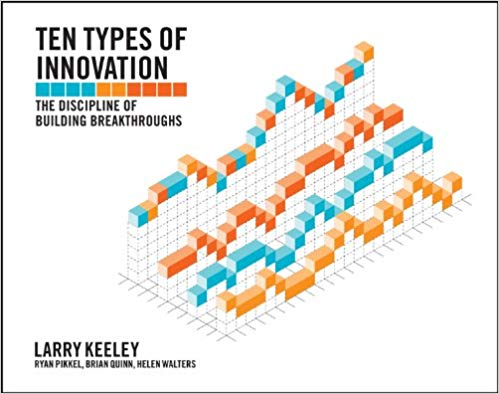Innovations
living idea
The sum of creative and logical thinking combined to produce something meaningful and take ideas forward.
Filter 29 available resources by topic
Books (2 of 19)
- Using a list of more than 2,000 successful innovations the book explores these insights to diagnose patterns of innovation, and to evaluate how firms are performing against competitors. The framework has proven to be one of the most enduring and useful ways to start process of transformation.Apr 15, 2013
- < Back The quotes from copyrighted materials are …
Articles (0 of 1)
No articles available for selected topic
Scientific Papers (4 of 8)
- Albert Hirschman’s originality lies in his general approach to problem-solving which is hidden behind the complexity of his oeuvre. This article intends to disentangle the intricacies of his work and to reveal his specific mode of investigation.Jul 9, 2019
- Empirical investigation of the drivers of growth must shift down to a more microeconomic level. policy choices at the local level affect growth. Both theory and empirics need to downshift to the microeconomic level if we are to make advances in identifying specific means of encouraging innovation and growth.Jul 7, 2019
- paper explores the ways in which Wilbur and Orville Wright thought as they tackled the problem of designing and constructing a heavier-than-air craft that would fly under its own power and under their control. They used analogies based on mental models.Jul 28, 2004
- From the evolutionary perspective, one cannot directly sum micro into macro. Instead, an economic system can be conceived as a set of meso units, where each meso consists of a rule and its population of actualizations. The proper analytical structure of evolutionary economics is in terms of micro–meso–macro. The upshot is an ontologically coherent framework for analysis of economic evolution as a growth of knowledge process.Jul 15, 2004

